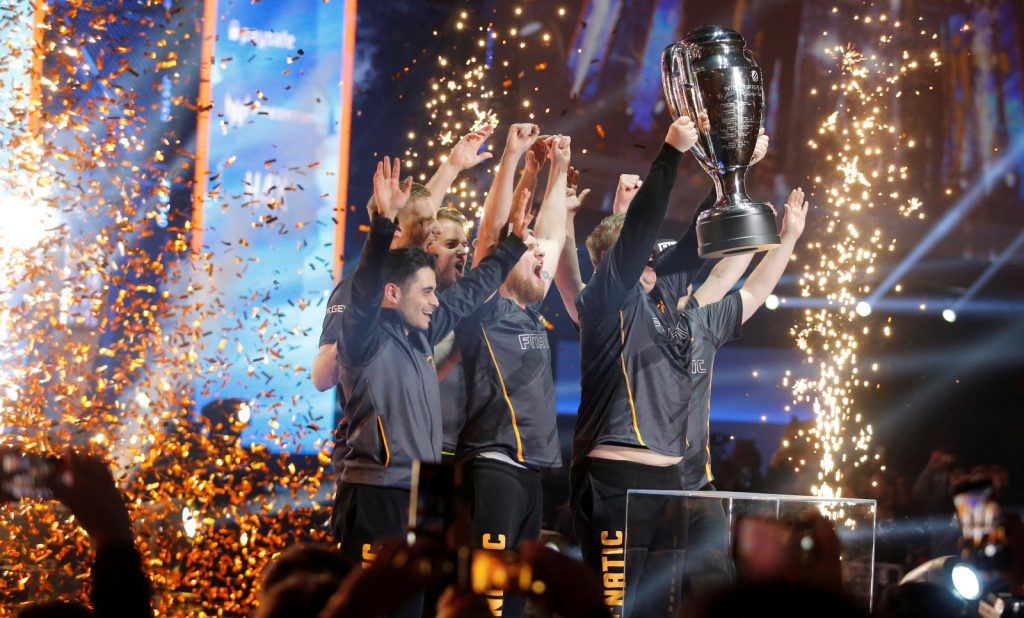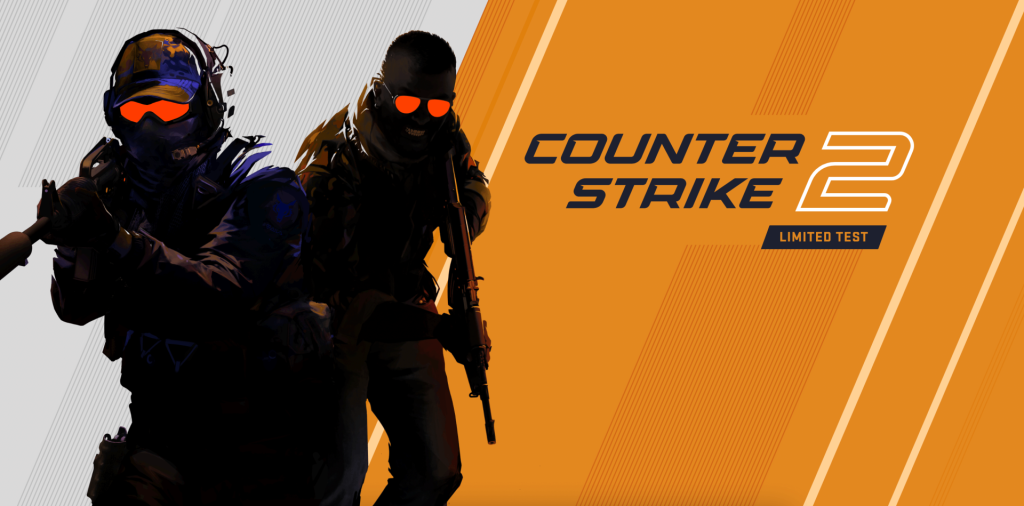
On August 3rd, game developer Valve imposed significant new requirements for tournament organisers hosting events in its eminent esports title, Counter-Strike.
The new rules state that tournament organisers can “no longer have unique business relationships or other conflicts of interest” with participating teams, alongside a slate of other requirements set to take effect in 2025.
The policy changes by Valve will undoubtedly shake up the future of the esport, likely forcing at the very least an overhaul of the two biggest leagues — the ESL Pro League and BLAST Premier — which operate semi-franchised systems featuring ‘partner teams’ that paid for permanent slots, alongside some open qualifier spots.
This has brought out a strong reaction from both fans and key figures in the community such as tournament organisers (TOs), esports organisations, and industry talent, which we’ve rounded up below.
What are the changes?
While details are yet to be fleshed out, Valve has underlined the gist of the coming changes. Firstly, as aforementioned, tournament organisers will no longer be allowed to retain any preferential business relationships with particular organisations, seemingly an effort to strike down the semi-franchised league model currently dominating the competitive scene. Instead, invitations to events must be determined via the official Valve regional ranking system or through an open qualifier.
Additionally, any existing compensation for participating teams must be made public, “and will be driven by objective criteria that can be inspected by the community.” This is applicable to all kinds of compensation, prize pool and otherwise, Valve said.
What are tournament organisers saying?
ESL and BLAST, the two TOs who together take up large portions of the Counter-Strike calendar, were the first to respond to the new change.
BLAST issued a statement on social media with very little detail apart from announcing its commitment to remaining part of a more open future for competitive Counter-Strike. “BLAST Premier will remain an integral part of tier 1 CS in this new open ecosystem. We are as excited as ever to continue to innovate the esports viewing experience and take our tournaments to all corners of the world.
“As we enter the last quarter of BLAST Premier 2023, announce our 2024 schedule and look towards 2025 we will continue to communicate our plans. We look forward to sharing more information and updates with you in the future,” the full statement read.
Meanwhile, ESL FACEIT Group’s Senior Vice President of Game Ecosystems, Ulrich Schulze, claimed in a statement that it has already begun its transition towards implementing Valve’s vision and that revenue sharing would be opened up to all teams.
“Implementing the vision Valve shared with us, we’ve been working on adjustments to our events (our flagships are already there),” Schulze said. “We will shift our tournament revenue sharing model from selected teams to all teams participating starting in 2025. We will announce more details on this in the coming months.”
Days before, ESL Pro League Commissioner Alex Inglot had gone public in an interview with esports.net where he briefly alluded to the newly announced change and expressed his approval of it. “I definitely feel there’s going to be a level up and it’s going to be great for the ecosystem,” he said.
Meanwhile, Silviu Stroie, the CEO of PGL, which has hosted multiple CS:GO Majors but does not have a recurring league, quote retweeted Valve’s post and said: “The future looks great!”
What is talent saying?
A number of industry personalities including players, coaches, and broadcast talent followed with opinions of their own, with the majority agreeing that the esport is headed in the right direction. FaZe Clan pro player Russel ‘Twistzz’ van Dulken posted: “I’m happy that valve is wanting to be the main source for the games esport, it’s a good sign for the future.”
Broadcast analyst Jacob ‘Pimp’ Winneche opined: “I’ve never been more optimistic about Counter Strike’s future.” Meanwhile, former pro turned content creator Jordan ‘n0thing’ Gilbert also said that it seemed like “a step in the right direction.”
However, raising concerns about the new change, broadcast talent Alex ‘Mauisnake’ Ellenberg joked: “If you’re making money from CS esports, prepare to make less. If you aren’t making money from CS esports, you probably still won’t make any money.”

What are esports organisations saying?
While many have held their silence, many non-partnered and smaller teams including Cloud9, M80, Apeks, SINNERS, Team Secret, Detonate, and Limitless celebrated the change on social media implicitly or explicitly through a variety of posts, gifs, and emotes.
North American organisations in particular have remained rather quiet, but Marco Mereu, CEO of M80, expressed excitement about the new change in an interview with Dust2.
“We are very optimistic about the changes for the competitive future of CS/CS2 based on teams achieving organisational success on the merits of their competitive integrity. Teams should have to earn their opportunities with hard work and results in the server,” Mereu told Dust2.
Meanwhile, Jack Etienne, CEO and co-founder of Cloud9, responded to Valve’s tweet on the matter with ‘W’, internet slang for a positive reaction.
Peter Thompson, COO and co-founder of UK organisation Endpoint, also said: “Excellent news for Endpoint and Tier2/3 future for Counter Strike with Valve seemingly blocking franchised leagues…. amazing move from valve but may be bias on this one.”
What are the concerns?
Others, however, are concerned. The lack of stable income for partnered teams could become an issue as revenue becomes more sporadic, and more teams will be competing for the same amount of opportunities.
Former MOUZ analyst Colin ‘koi’ Thor argued an “exclusively open circuit might actually just hurt everything,” especially as it could further degrade North American teams’ already limited representation at events.
We’ll have to wait until 2025 to see exactly what shape tournaments will take in the future, and whether — or for whom — the changes will be a net positive or negative, but Valve’s new stance is sure to mean one thing: Counter-Strike is soon to change.
